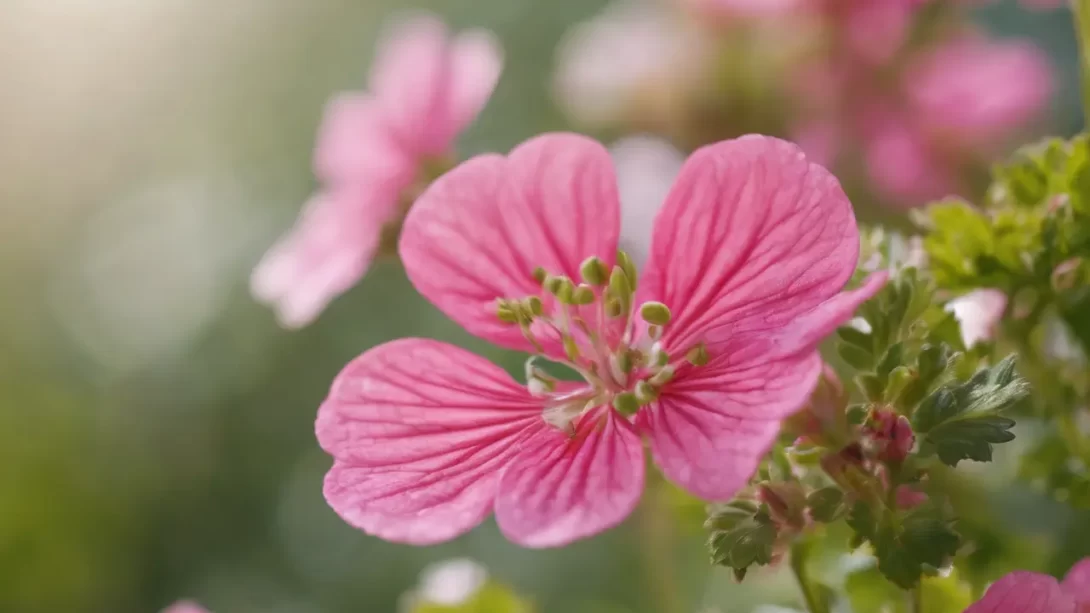Dealing with flies can be a frustrating aspect of enjoying outdoor and indoor spaces. Among the various methods employed to deter these pests, citronella is often touted as a popular natural repellent. Known for its distinctive lemony scent, citronella is a common ingredient in many repellent products. This article aims to delve into the effectiveness of citronella against flies, providing insights for those seeking natural methods to manage these common pests.
Citronella
Citronella is derived from the leaves and stems of different species of Cymbopogon (lemongrass). The oil is extracted through steam distillation, resulting in a substance with a strong lemon-like aroma. Citronella oil is a key component in various products, including candles, sprays, and lotions. Its repellent properties are primarily attributed to its active compounds, including citronellol and geraniol, which are believed to interfere with the sensory cues that insects use to locate their targets. Citronella has gained widespread popularity as a natural alternative to chemical repellents, appealing to those looking for eco-friendly pest control options.
Citronella’s Effectiveness Against Flies
The use of citronella as a fly repellent has been the subject of numerous studies and expert analyses. Research suggests that citronella can be effective in repelling certain types of flies, but its efficacy can vary. Factors such as the species of fly, the concentration of citronella used, and the method of application play significant roles in determining its effectiveness. For example, citronella candles might provide a zone of protection by releasing the oil into the air, but their effectiveness is often limited to a small area. Environmental conditions like wind and humidity can also influence the performance of citronella-based repellents. It’s important to consider these factors when relying on citronella to keep flies at bay.
Alternative Natural Fly Repellents
In addition to citronella, there are other natural substances known for their fly-repelling properties. These include:
- Eucalyptus Oil: Known for its strong scent, eucalyptus oil can be effective against certain fly species.
- Peppermint Oil: Its strong aroma makes it a good option for repelling flies and other insects.
- Lavender: Lavender plants and oil not only repel flies but also add a pleasant fragrance to the environment.
- Basil: Growing basil plants can help keep flies away, especially in kitchen areas where food attracts them.
- Lemongrass: Similar to citronella, lemongrass contains compounds that are unappealing to flies.
When comparing these natural repellents with citronella, it’s important to consider their scent, ease of use, and the specific types of flies they repel. Some may be more effective than others based on the particular fly species and the environment.
Safe Use and Considerations
While natural repellents like citronella are generally safe, certain precautions should be taken, especially when used around children, pets, or individuals with sensitivities. Citronella oil, for instance, should be diluted appropriately to avoid skin irritation. When using any natural oil, it’s crucial to test a small area first to ensure there’s no adverse reaction.
Environmental impact should also be considered. While natural, these substances should be used responsibly to avoid potential ecological imbalances. For instance, excessive use of certain oils may affect beneficial insects in the garden.
Proper storage and handling of natural repellent products are essential to maintain their effectiveness and ensure safety. Keeping these products away from direct sunlight and heat sources can prolong their shelf life.
Integrating Natural Repellents into Fly Control Strategies
To achieve the best results in managing fly populations, it’s often recommended to use a combination of methods. Integrating citronella with other natural repellents can create a more comprehensive approach. For instance, using citronella candles in conjunction with planting herbs like basil or lavender can enhance the overall effectiveness of your fly control strategy.
In outdoor settings, strategic placement of repellent plants and products can maximize their impact. For example, placing citronella candles or oil diffusers around seating areas, and growing repellent plants near entryways, can help create a barrier against flies. In indoor environments, maintaining cleanliness, especially in kitchen areas, is crucial alongside using natural repellents to prevent attracting flies.
Considerations for Different Settings and Fly Species
Different environments and types of flies may require specific strategies. For instance, fruit flies in the kitchen may be better managed with traps and ensuring ripe fruits are covered or refrigerated, while outdoor flies might be more effectively deterred with citronella or eucalyptus oil. Understanding the behavior and preferences of the specific fly species you are dealing with can guide you in choosing the most effective repellents and methods.
Conclusion
While citronella can be an effective natural repellent against certain types of flies, its efficacy can vary based on several factors, including the concentration, application method, and environmental conditions. Incorporating a variety of natural repellents and maintaining good sanitary practices can provide a more effective solution to fly problems. By combining different methods and understanding the specific needs of your environment, you can create a strategy that keeps flies at bay while also being safe and environmentally friendly. Remember, the key to effective fly control lies in a holistic approach that combines cleanliness, preventive measures, and the strategic use of natural repellents.



